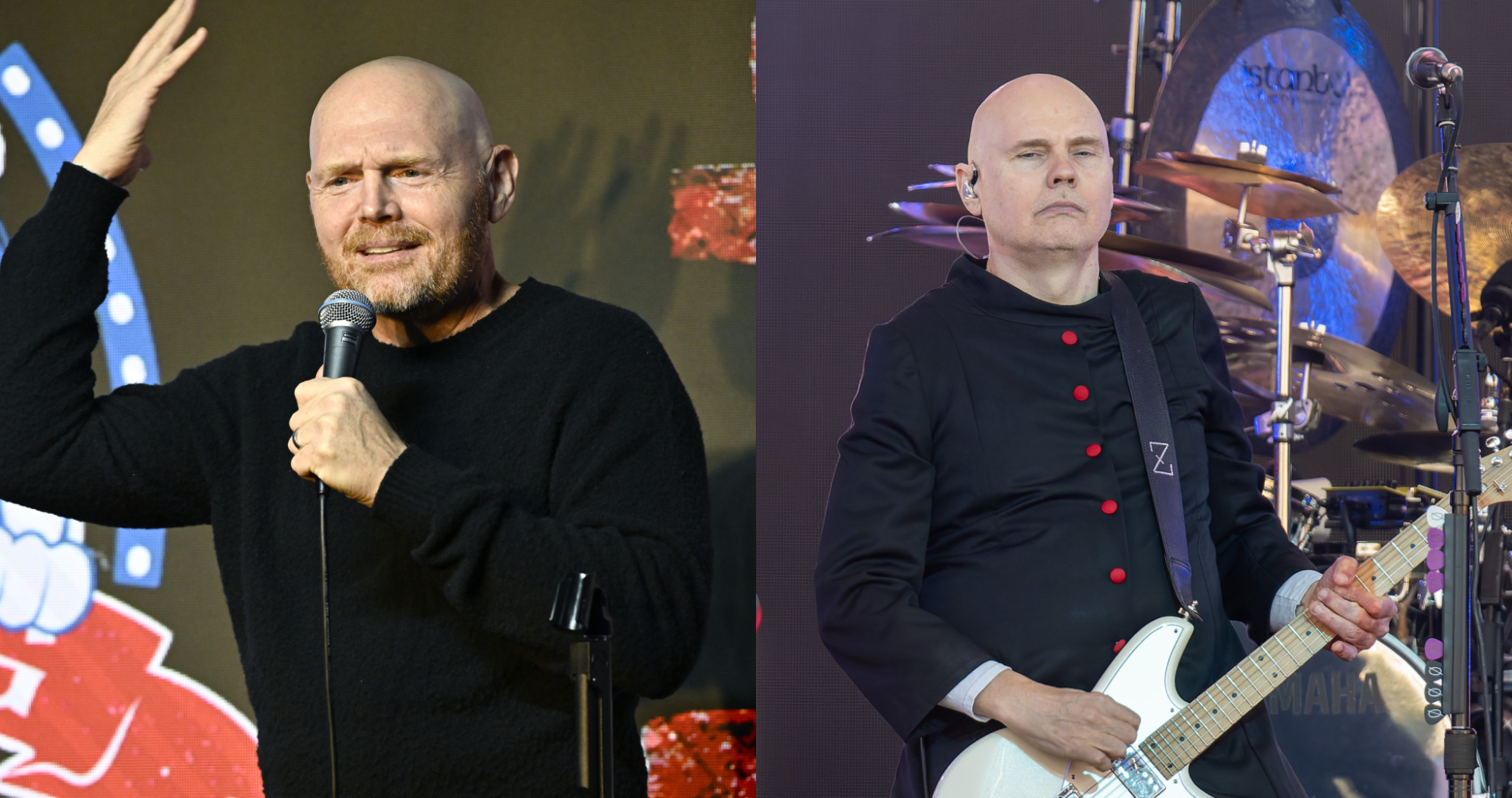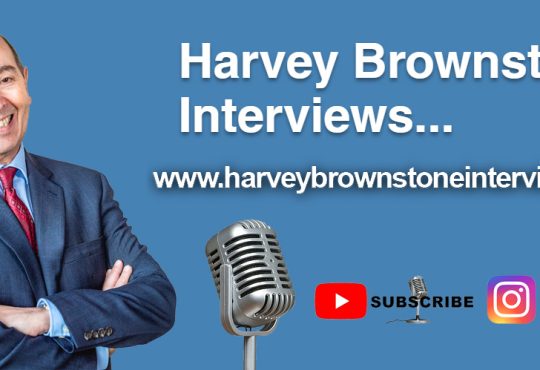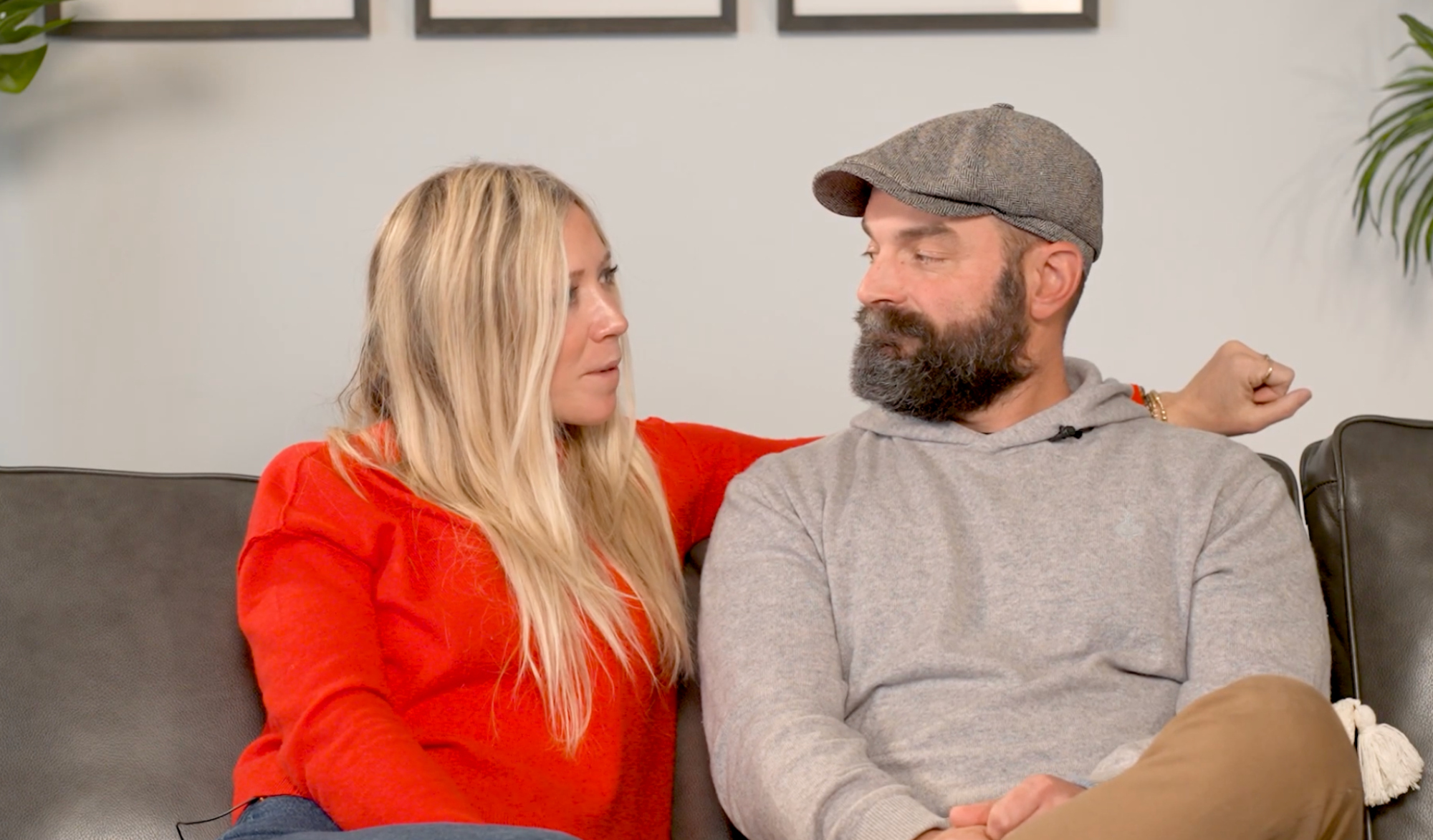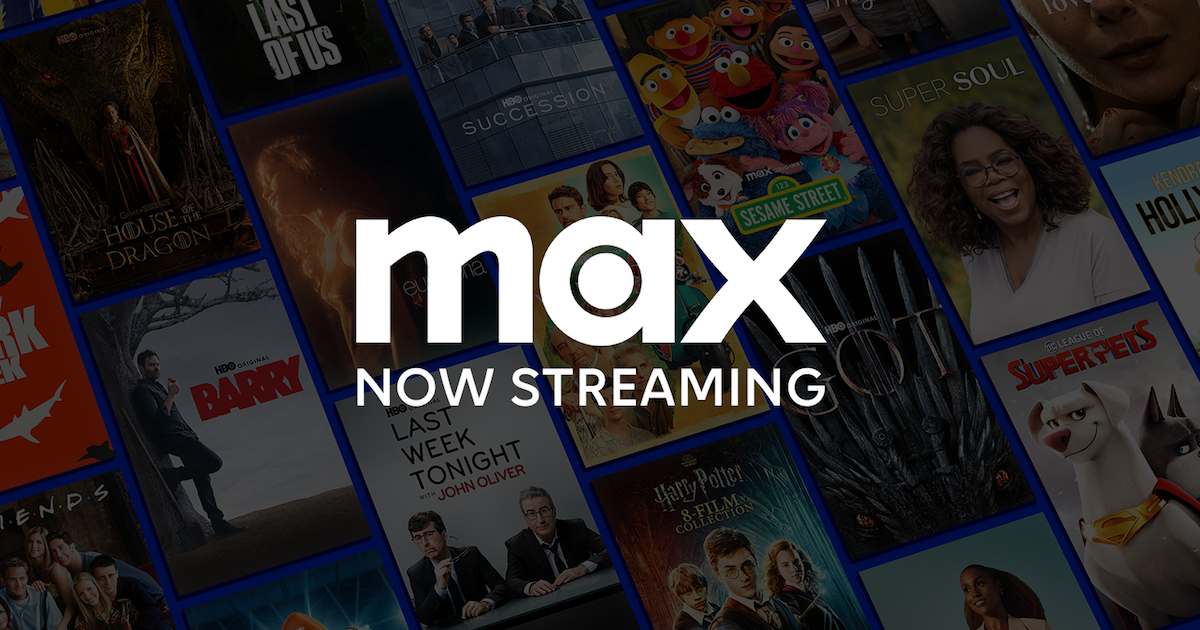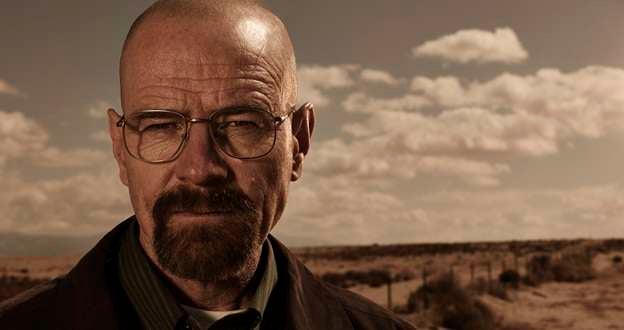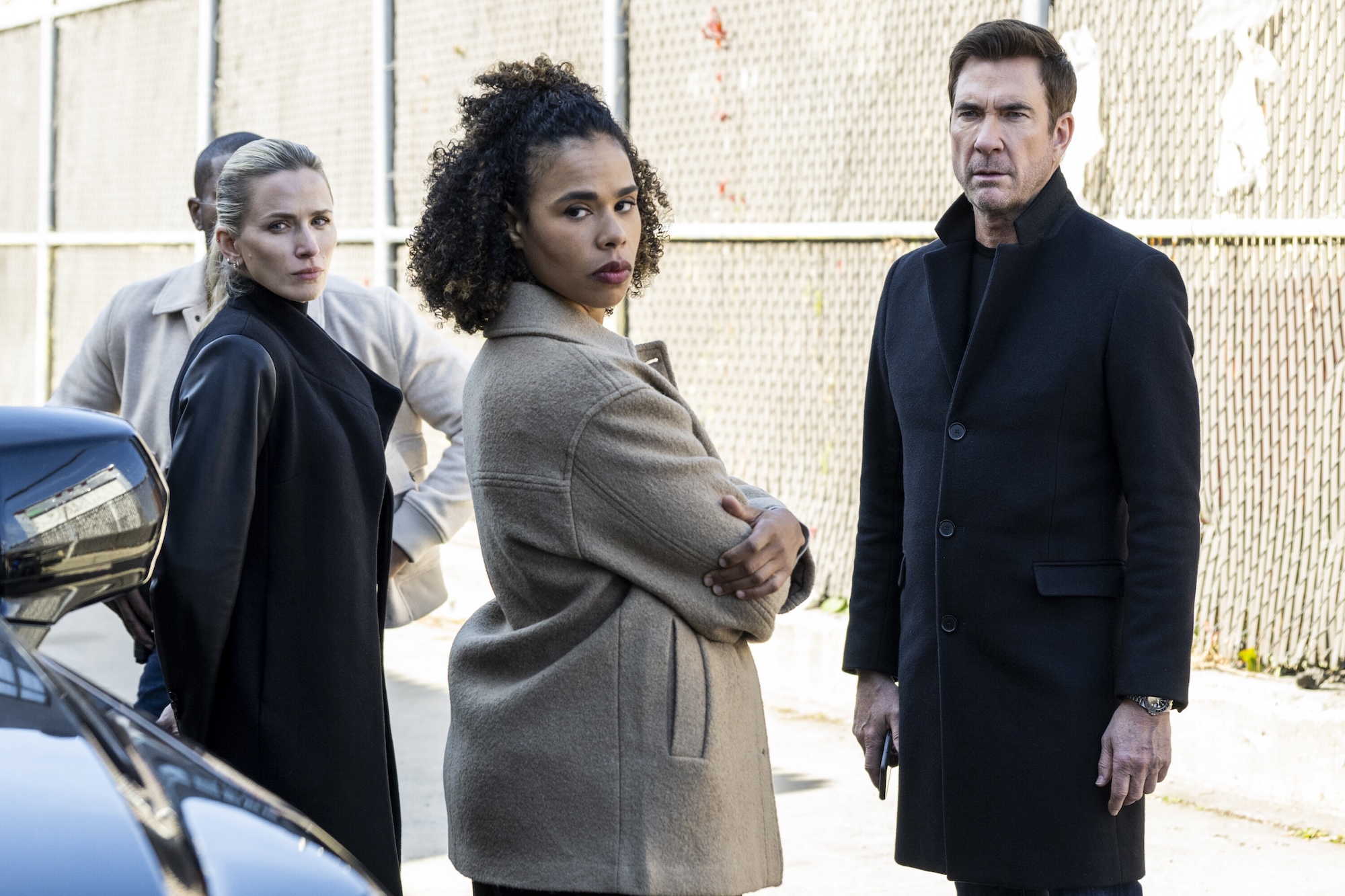The Glass-Half-Full View of the Disney ‘Star Wars’ Era
When George Lucas sold Star Wars to Disney in October 2012, I didn’t see a real downside for fans. Revenge of the Sith was seven years old, and no new movies were on the way. Star Wars: Underworld wasn’t happening. Aside from The Clone Wars, which was several seasons into its Cartoon Network run, on-screen, scripted Star Wars was stagnant. Even the video games had gone cold.
The franchise had lain fallow even longer between the original and prequel trilogies, but with Lucas nearing 70 and already declaring his retirement from making blockbusters, this post-prequels slowdown seemed like it could become indefinite. Then Disney dropped its press release, announced a new movie for 2015, and promised more films to follow every two to three years. The galaxy far, far away was going to get repopulated.
Maybe, I figured, removing a one-man bottleneck and bringing in new blood and deep pockets was just what Star Wars needed. What was the worst that could happen? The new stuff would be bantha poodoo? So what: Fans wouldn’t be worse off, as long as Disney didn’t tamper with treasured existing films (like Lucas himself had). And if it was good? Well, that would be bonus Star Wars we weren’t otherwise going to get. That sounded to me like a solid deal. Frankly, like the citizens of Coruscant who toppled Emperor Palpatine’s statue after he fell down the Death Star’s reactor shaft, never somehow to return, I was ready to tell Lucas, “We’ll always have Tatooine,” and let him move on.
That was then; this is now. Almost 12 years later, on the heels of the latest in a string of lackluster live-action Star Wars streaming series, with the franchise’s future on the big screen uncertain, and with fan unrest over Disney’s reign rising, I … feel mostly the same as I did back then.
Did I have you fooled for a second? Did it sound like I was joining the reactionary ranks of Star Wars watchers and/or culture warriors who’ve declared Disney dead to them—or, perhaps, pronounced Star Wars dead and charged Mickey Mouse with the murder, listing Lucasfilm president Kathleen Kennedy as an accomplice? Well, good: I was going for a misdirect. But I’ve searched my feelings, and I know it to be true: For all of the company’s foibles and more deeply disappointing decisions in steering the Star Wars ship, I’m still glad Disney bought Star Wars. On balance, Star Wars under Disney has been better than before.
I know that might take some explaining, considering current tensions and Acolyte-related recency effects. It’s understandable that Star Wars audiences would be weary after the weak one-two-three punch of The Mandalorian Season 3 and the first seasons of Ahsoka and The Acolyte. I’m demoralized myself! After all, I can’t escape from the crappier releases; I’ve written thousands of words about every episode, good or bad, of every live-action Star Wars series to date—which, when I say it that way, makes me want to go home and rethink my life. (A reference that reminds me of “Elan Sleazebaggano,” a name only Lucas could love.)
I’d prefer to be delighted, not discouraged, but I try to take each release as it comes. I think it was Polonius in Hamlet who said, “Neither a hater nor a fanboy be.” I look on the bright side, but only if there is one. I have repeatedly taken the franchise to task for relying on nostalgia, retreads, and tie-ins to preexisting stories instead of forging new paths that don’t inevitably lead to a legacy character. I have warned about the risk of oversaturation. I have lamented the lack of a plan for the sequel trilogy; or for any future films; or for not messily, publicly burning bridges with creators. I have implored the makers of the most prominent Star Wars series to hire a writers room. I am keenly aware that much of Disney’s Star Wars output could have, and should have, been better.
Yet a good deal of it does work. When Lucas sold to Disney, a gigantic company that would want to make back its $4.05 billion investment—which it soon did, and then some—I knew there would probably be more mediocre Star Wars on the way. But anything good would be a gift, and more than a few of those gifts have been given.
Your mileage may—and, on the specifics, almost certainly does—vary, but personally, I love (Rogue One, The Last Jedi) or like (The Force Awakens, Solo—yes, Solo) four of the five Disney Star Wars films. (The fifth one makes me wish Manny Jacinto’s Stranger would wipe it from my memory.) I love the last three seasons of Rebels, the last season of The Clone Wars, the first two seasons of The Mandalorian, and the first season of Andor. (And hopefully, soon, the second.) I like the first season of Rebels, three seasons of The Bad Batch, two seasons of Visions, and Tales of the Jedi. Even the series that struggled or squandered some of their promise had their high points—weeks when they got their acts together. Ahsoka was more up my alley on paper than in practice, but it had a lot of lovely moments, especially in Episode 5. The parts of The Book of Boba Fett that were about Boba were bad, but Episodes 5 and 6 were special. Obi-Wan Kenobi was mostly meh and sometimes maddening, but I liked the third episode. The Acolyte was as uneven and frustrating as any Star Wars series, but Episode 5 was a treat. The penultimate episode of The Mandalorian’s third season briefly made it feel like Season 2 again.
Given that there was next to nothing on the docket when Lucas left, four good to great movies, three largely great new shows, and a smattering of solid supporting acts ain’t a terrible record in a little less than 12 years. And even though an Electronic Arts exclusivity deal diminished the number of new Star Wars games on the market, we can throw in a handful of heavy hitters: Battlefront II, Jedi: Fallen Order, Squadrons, Lego Star Wars: The Skywalker Saga, and Jedi: Survivor (with Outlaws angling to join that list next month). And hey, we haven’t mentioned the multitude of interconnected books and comics that compose The High Republic, the largest publishing initiative in Star Wars history. What would we compare all of that output to, in the history of Star Wars? What other stretch of a similar length sets a higher standard for both quality and quantity?
Matching Disney’s dozen-year output in both of those measures would be a tall order. But one could go back to the beginning: that magical, lucrative six-year span of the original trilogy, when Star Wars was an inescapable sensation. On-screen, the franchise hadn’t yet become a commodity good. Despite that (or, more likely, because of it), those three movies left a lasting mark on multiple generations—an attachment that continues to push people toward new Star Wars projects, almost 50 years later, but also one that makes the latter-day releases suffer by comparison.
Thus, one problem Star Wars still faces is that the original trilogy set the bar too high, in terms of quality and popularity, for most of its distant successors to clear. Starting that strong was both the best and the worst thing for the franchise long-term. (This is one reason why Andor felt refreshing: It seemed to be telling a different sort of Star Wars story than the original films and thus mostly escaped from their shadow, even as most other Star Wars series try to fashion themselves after the films.) What other franchise is blessed and saddled with a legacy like that to live up to? Star Trek started on TV, where the lengthy broadcast seasons of the ’60s, ’80s, and ’90s always meant you could expect some clunkers. As for Star Trek movies, tradition tells us that only every other one is good. There are plenty of bad James Bond movies; one more wouldn’t cause a crisis. (Though the producers should probably pick an actor sometime soon.) Similarly, the second MCU movie was The Incredible Hulk. Yet the second Star Wars movie was The Empire Strikes Back. Beat that!
However, many of the truths we cling to depend greatly on our own point of view—and on our selective memory. The disastrous Star Wars Holiday Special came out before Empire did. The forgettable Ewoks TV movies made it to air not long after Return of the Jedi wrapped up the original trilogy, and the uninspiring Ewoks and Droids series soon followed. No wonder not much else did, until several more years had passed. It may seem as if Star Wars could do no wrong initially. In reality, though, there’s been bad Star Wars for almost as long as there’s been Star Wars at all.
My experience of Star Wars has always been one of wildly fluctuating quality. Not very good video games intermingled with all–time classics. (And sometimes, great and terrible levels inside the same game.) Novels and comics that thrilled me, and those that … did not. A good show and bad movie with the same name; that’s the way The Clone Wars crumbles. (Not to mention Clone Wars, the cartoon without the article.) This is what happens when many people play in the same sandbox: Some of them make a mess.
Of course, in this case, the original creator made a mess of sorts himself, before he handed over the keys. I know nostalgia has given the prequels a glow-up in many minds, and Phantom Menace memories may no longer haunt those of us who saw the movie at an impressionable age. But remember Attack of the Clones? I don’t care that the internet loves Hayden Christensen now; that movie mostly still stinks. It would be one thing if Star Wars had sported a spotless record before Disney defiled it with its recent spate of subpar series. But Lucas did that himself before he cleared out.
To be kyber-crystal clear: I’m not suggesting that Star Wars should be graded on a curve. Quite the contrary: I’ve argued that sci-fi and fantasy stories deserve clear-eyed criticism and scrutiny just as much as any others; it’s a sign of interest, affection, and respect. But the vicissitudes of streaming series sometimes make us prisoners of the moment, basing our perceptions of a franchise’s past or projections of its future on what are, in effect, small samples. Feel free not to watch the shows you don’t like! But something else you care for more could come along soon.
(By the way, as I noted at the top, one of my reasons for being bullish on the Lucasfilm takeover in 2012 was that the new ownership couldn’t do anything to hurt my perception of past films. That may not have been 100 percent true, but the only thing that’s come close to a retroactive tarnishing for me is Darth Sidious’s survival into the sequel trilogy, which saps some of the triumph from the end of Return of the Jedi. But only if I let it! For now, I’m mostly succeeding in compartmentalizing The Rise of Skywalker in such a way that I can act as if nothing in that movie matters. Maybe this self-mind-tricking tactic will work for those of you who—unlike me!—think Rian Johnson took too many liberties with Luke.)
I’m not sure when the next hit will quiet the Disney doomsaying and lift this latest pall over Star Wars cast by a streaming slump. Skeleton Crew, the next live-action show on the docket, is slated for release later this year, but it’s still something of a cipher, and oriented toward kids. Maybe we won’t hear cries of “Star Wars is so back” until Andor returns next year, or Ahsoka after that, or The Mandalorian & Grogu in theaters in May 2026 (supposedly), or concrete details on the movies from Taika Waititi, Sharmeen Obaid-Chinoy, James Mangold, and more.
Only a Pollyanna-ish partisan (and, I suppose, a Sith) would default to saying, “My franchise, right or wrong!” when things aren’t going great. Disney does need to change whatever workflow is causing its recent rut. But “My franchise, wrong!” isn’t accurate either. Because as frequently as Disney and Lucasfilm seem to step in it, they’ve often done right by the franchise as custodians and stewards. Think of the droids. The duels (in The Acolyte, especially). The diversity. (Sorry, review bombers, but Star Wars is a place where everyone can play.) The idea (if not always the execution) of cross-pollinating the franchise’s live-action and animated universes. Galactic Sta—OK, no, not Galactic Starcruiser.
Thinking back to my 2012 reaction to Disney’s acquisition of Lucasfilm, I can’t exactly claim now that “everything is proceeding as I have foreseen.” But I think the basic calculus of whether the franchise’s transfer from an entity that wasn’t making enough Star Wars to one that, if anything, might be making too much has benefited fans overall. Some Star Wars fans are wondering what Lucasfilm and Disney have done for them lately. It’s a valid question. But the answer might be different, and much more encouraging, if we expand the scope of “lately” to a wider swath of years.


